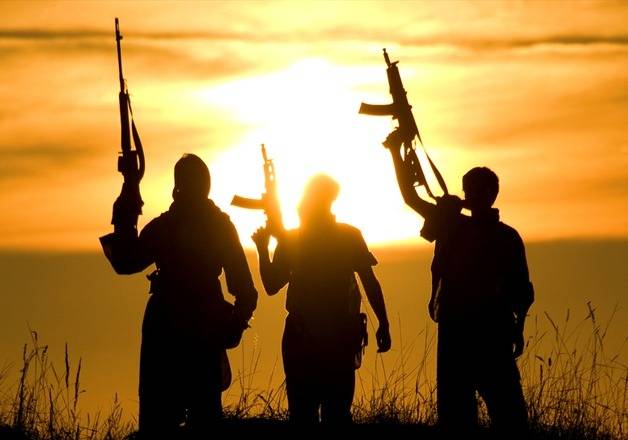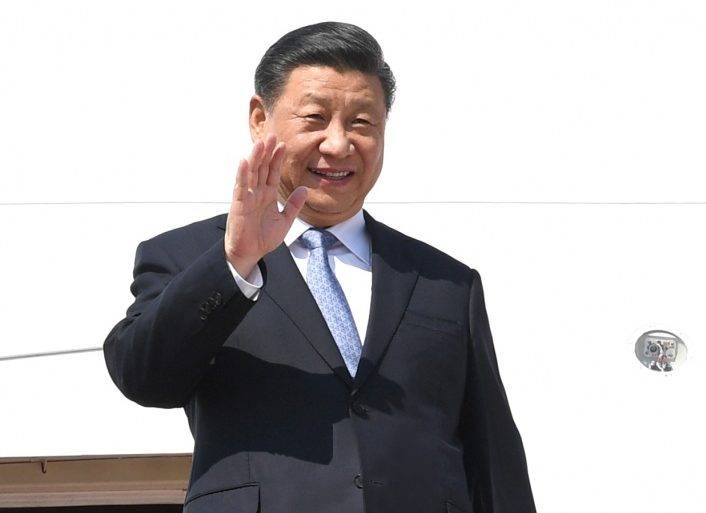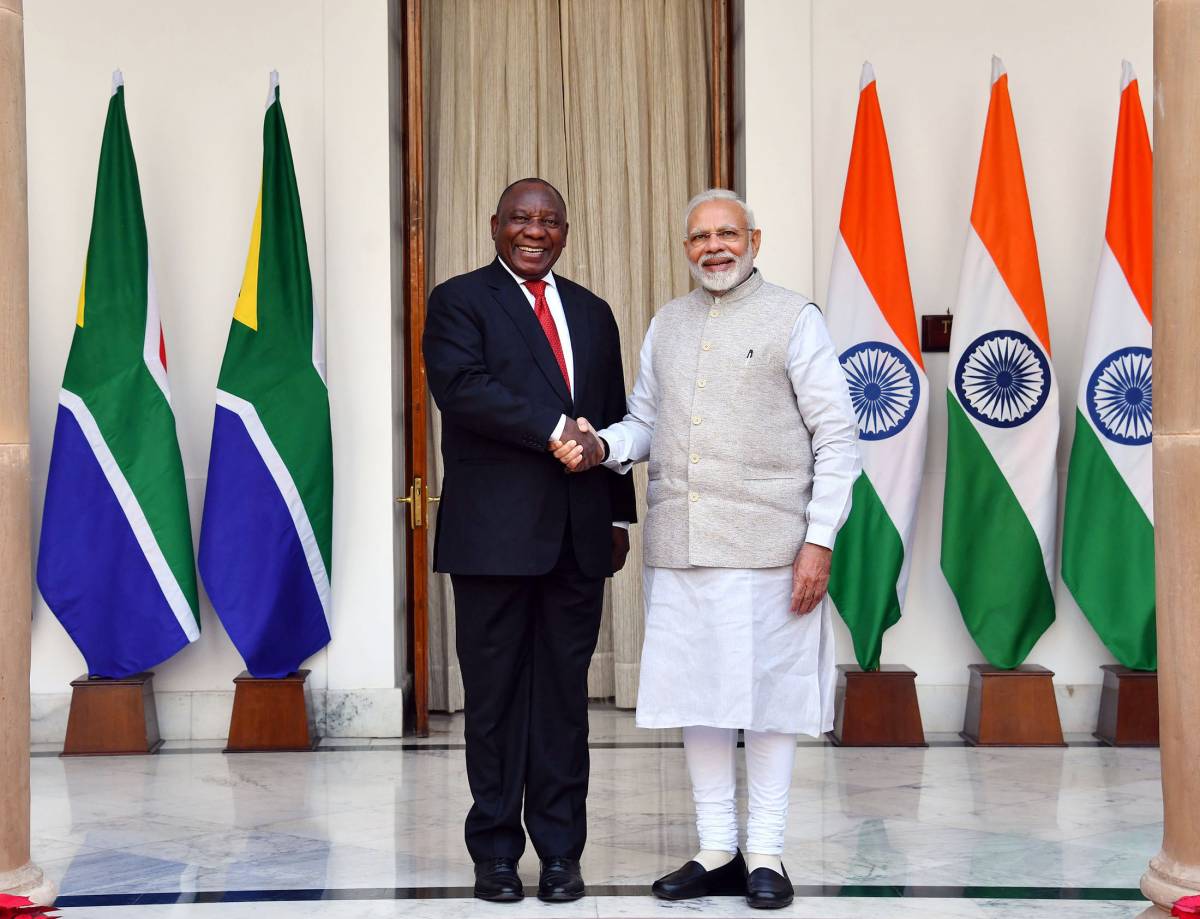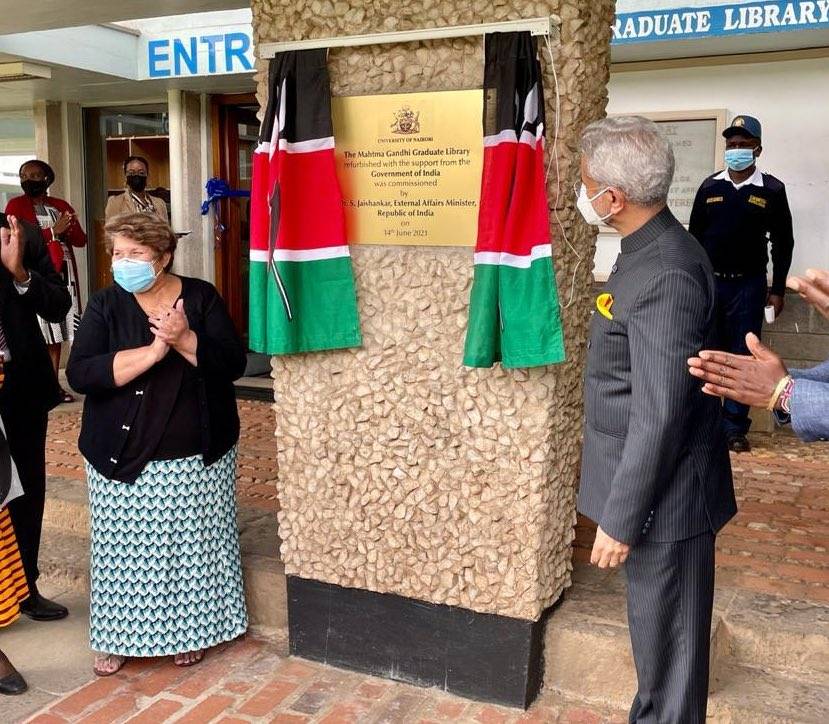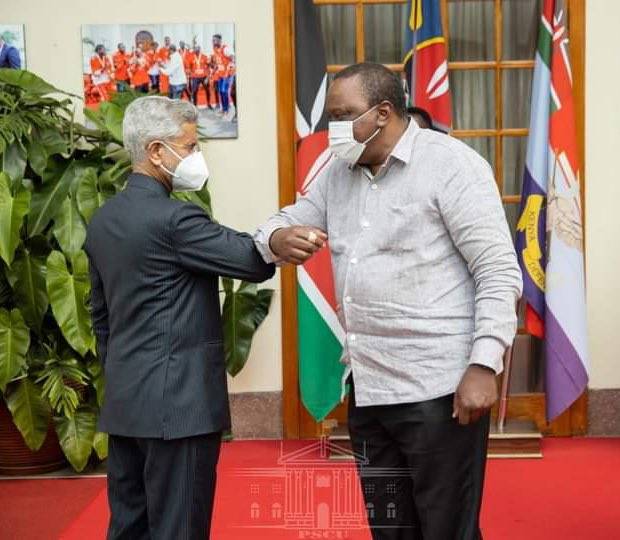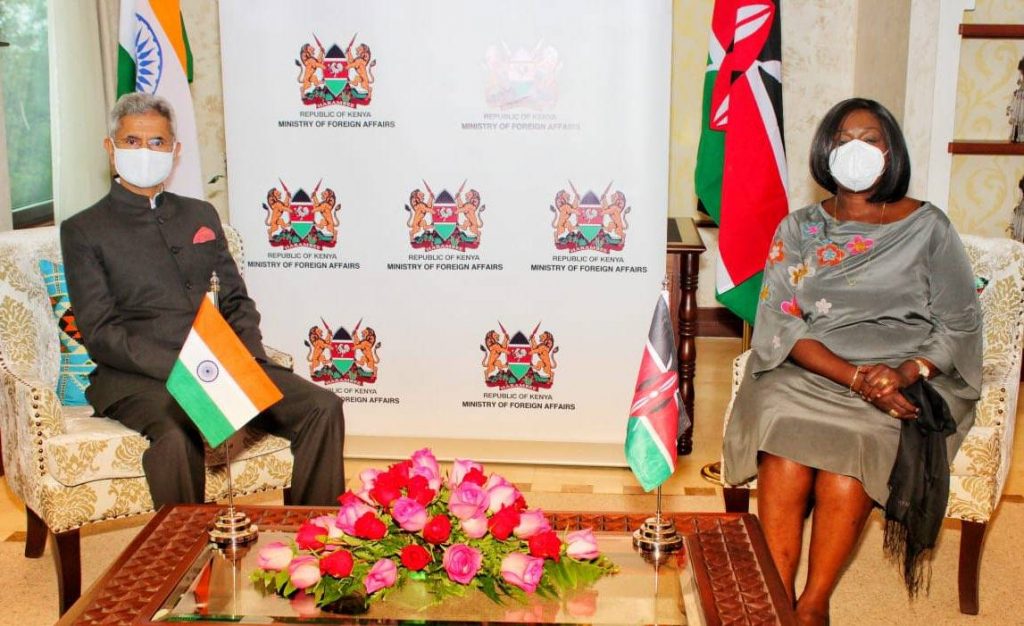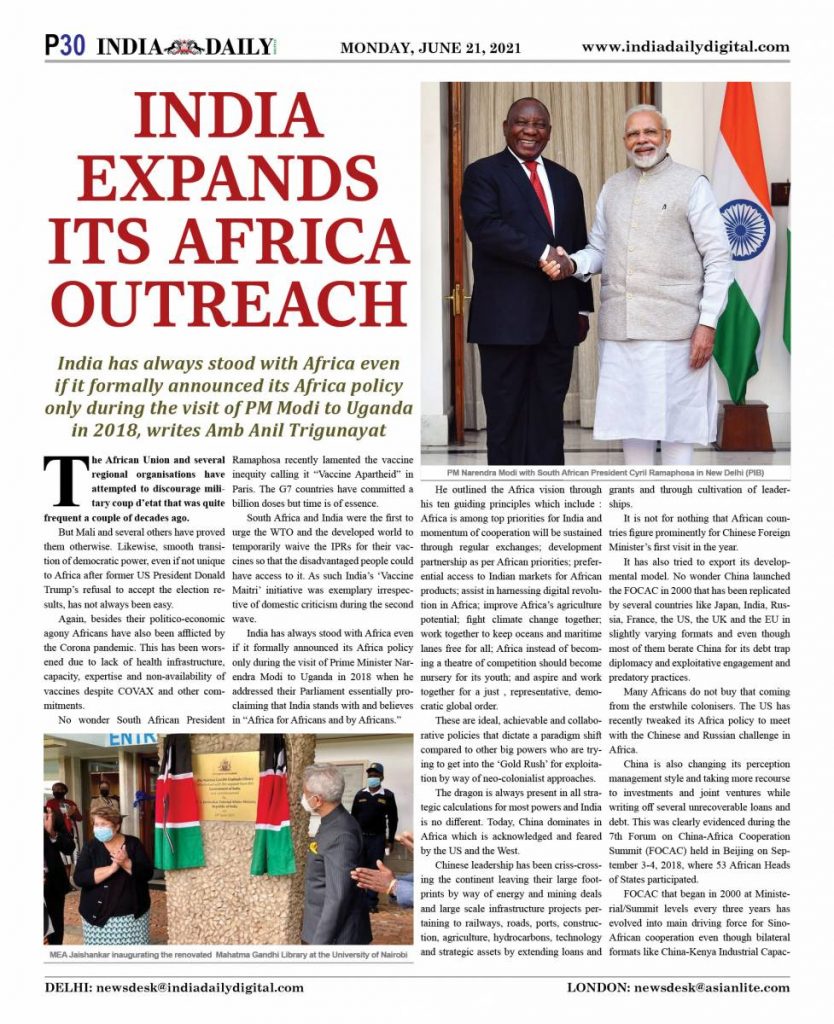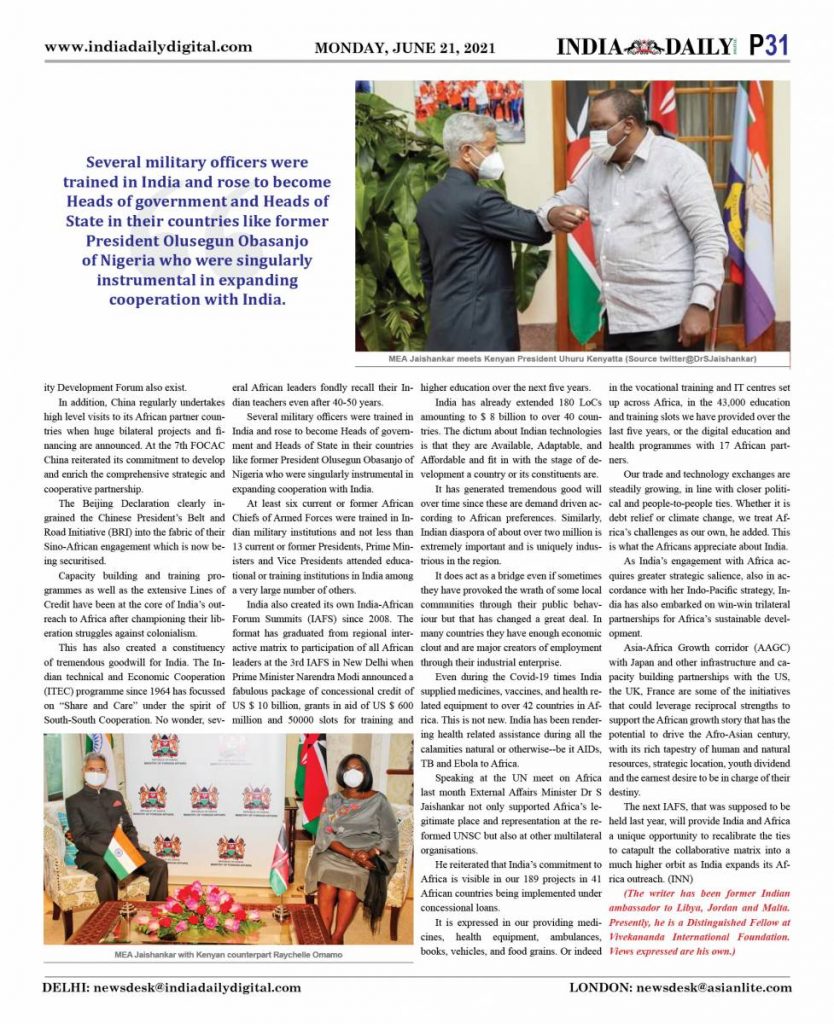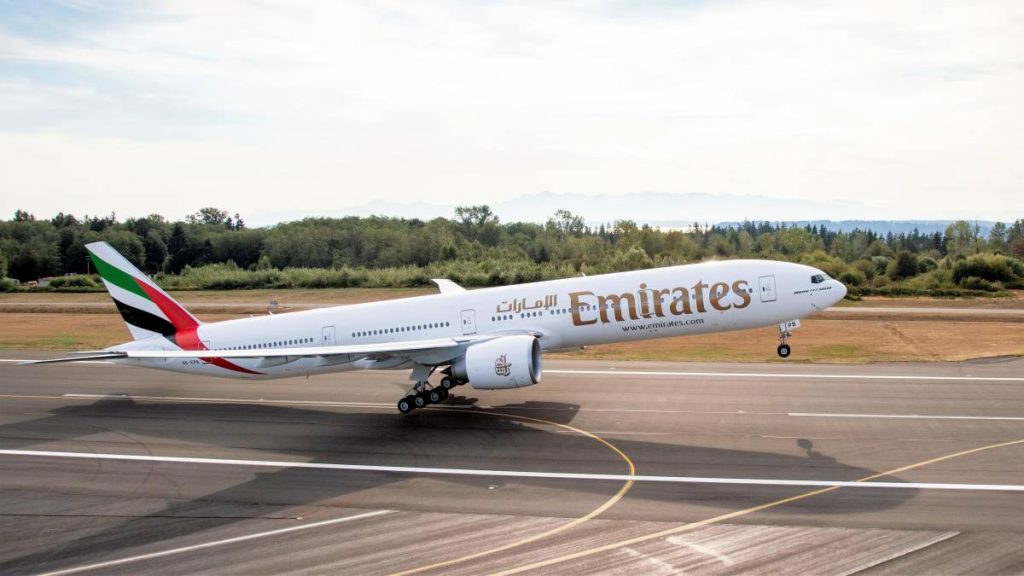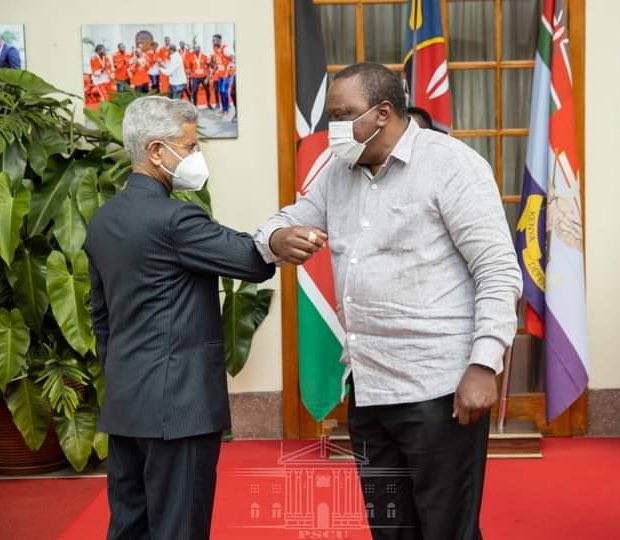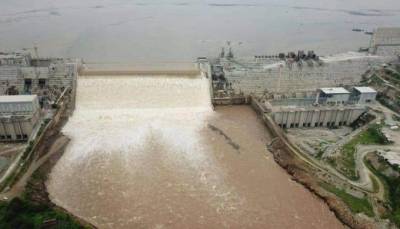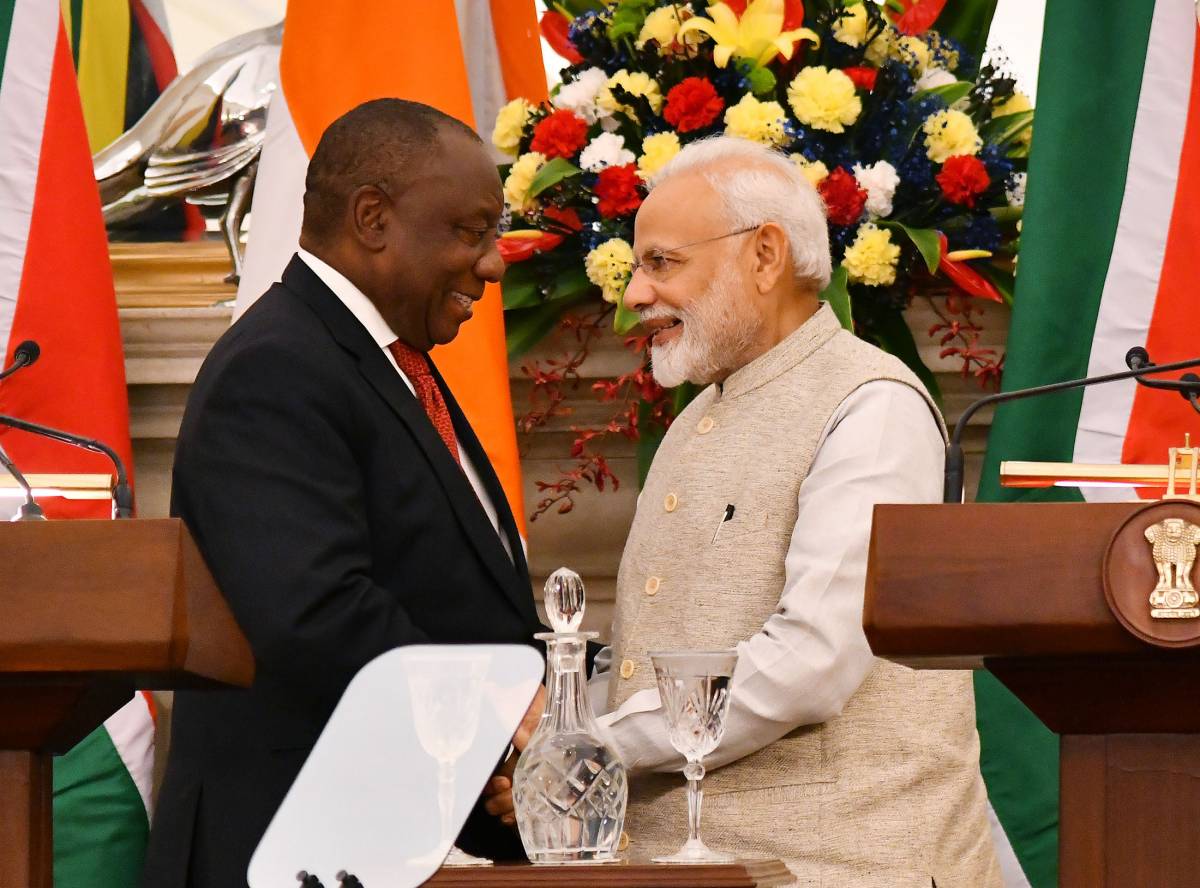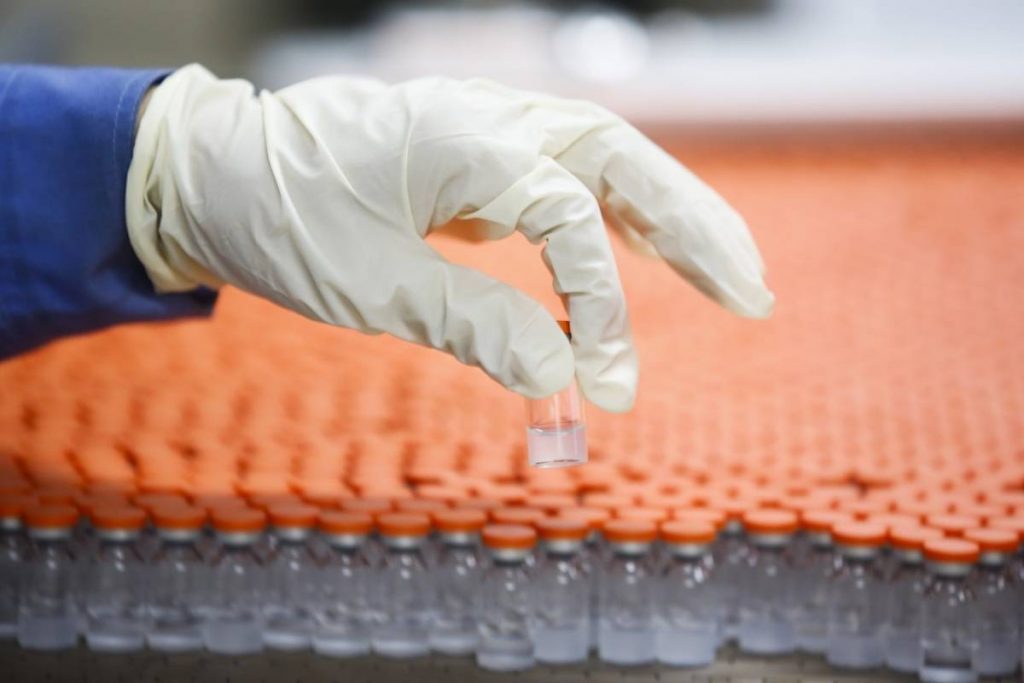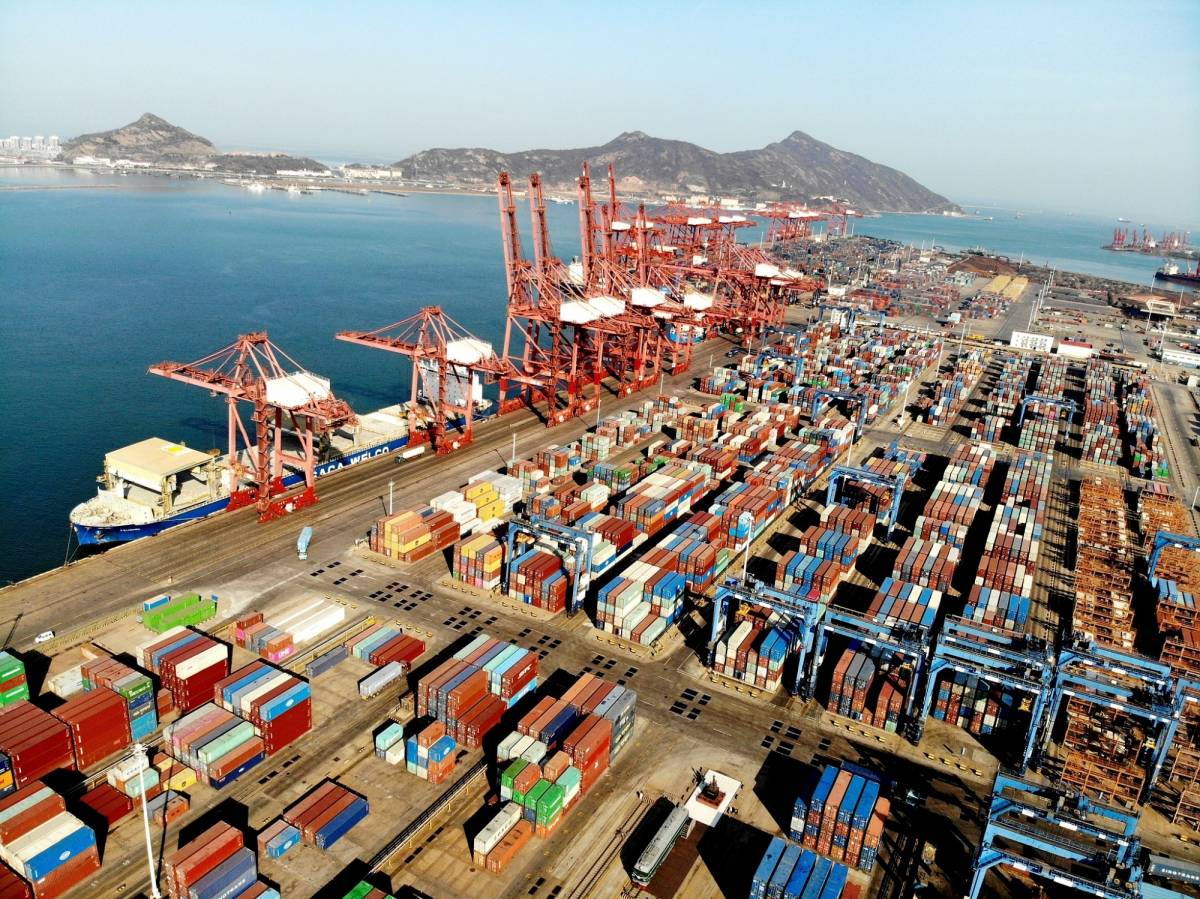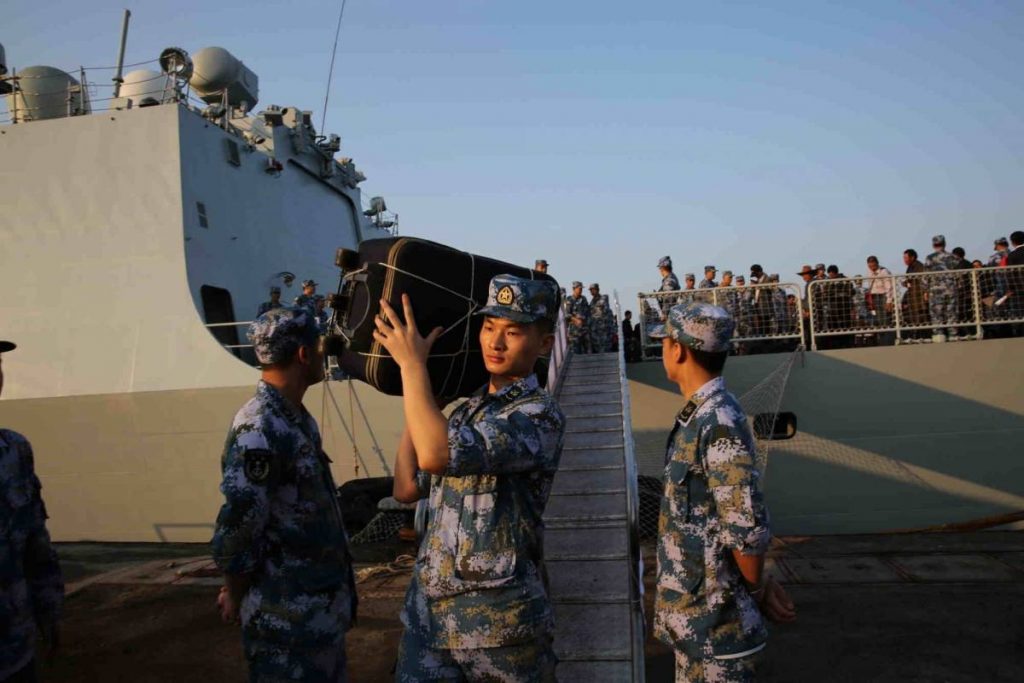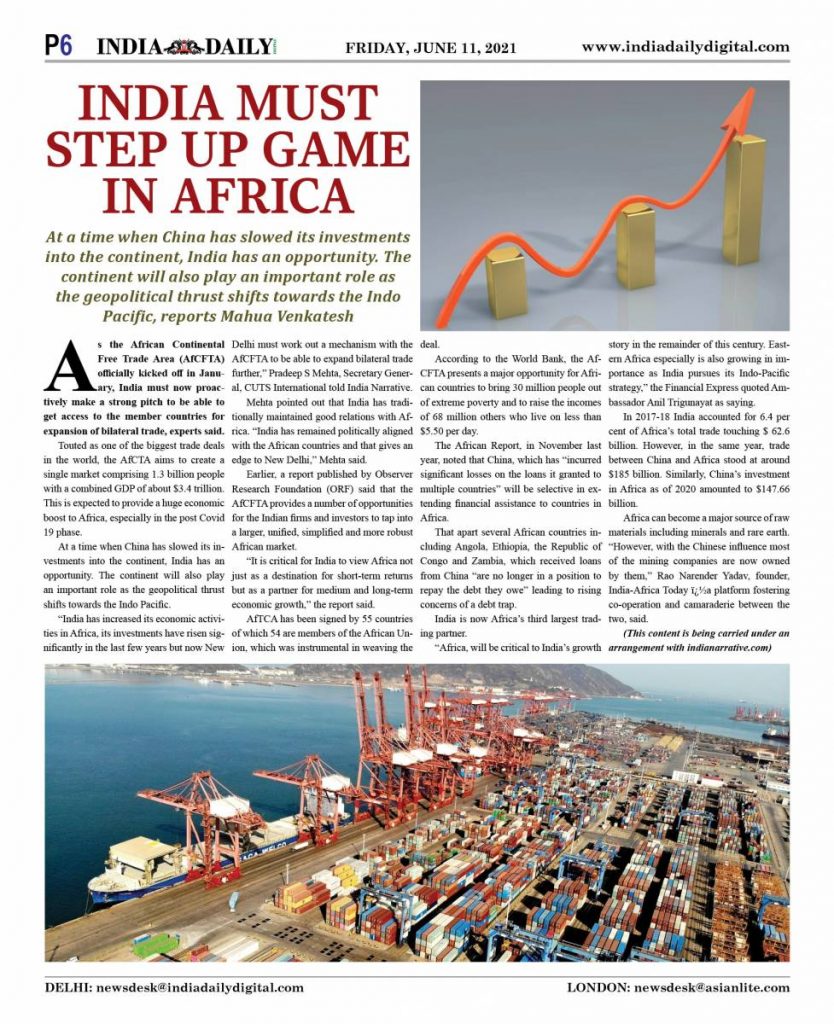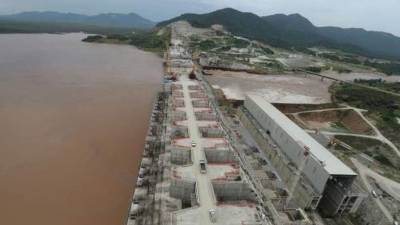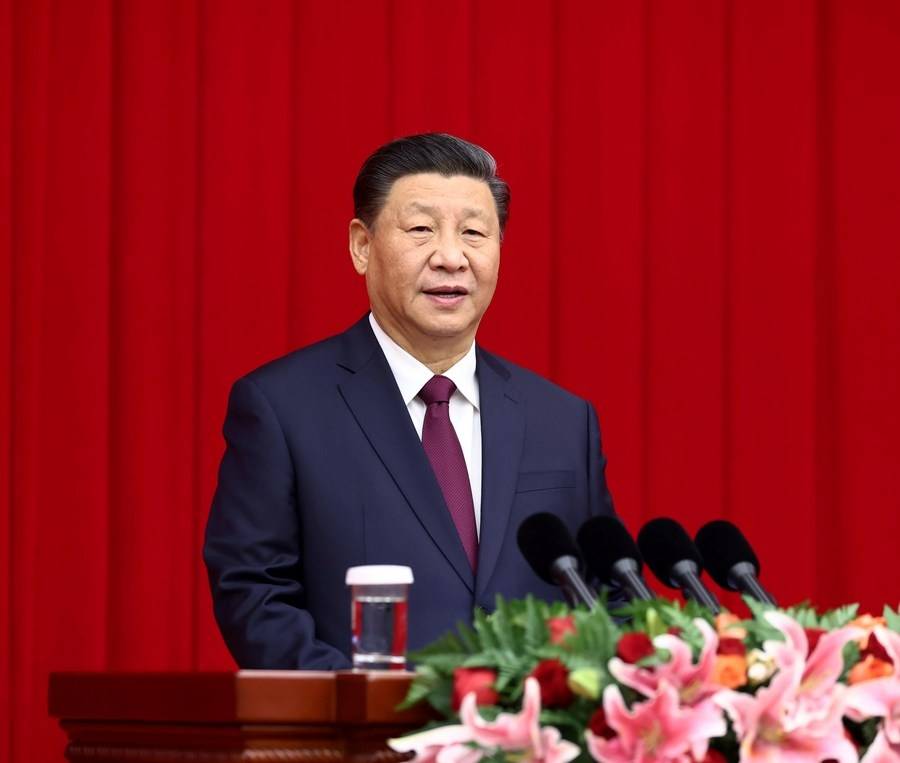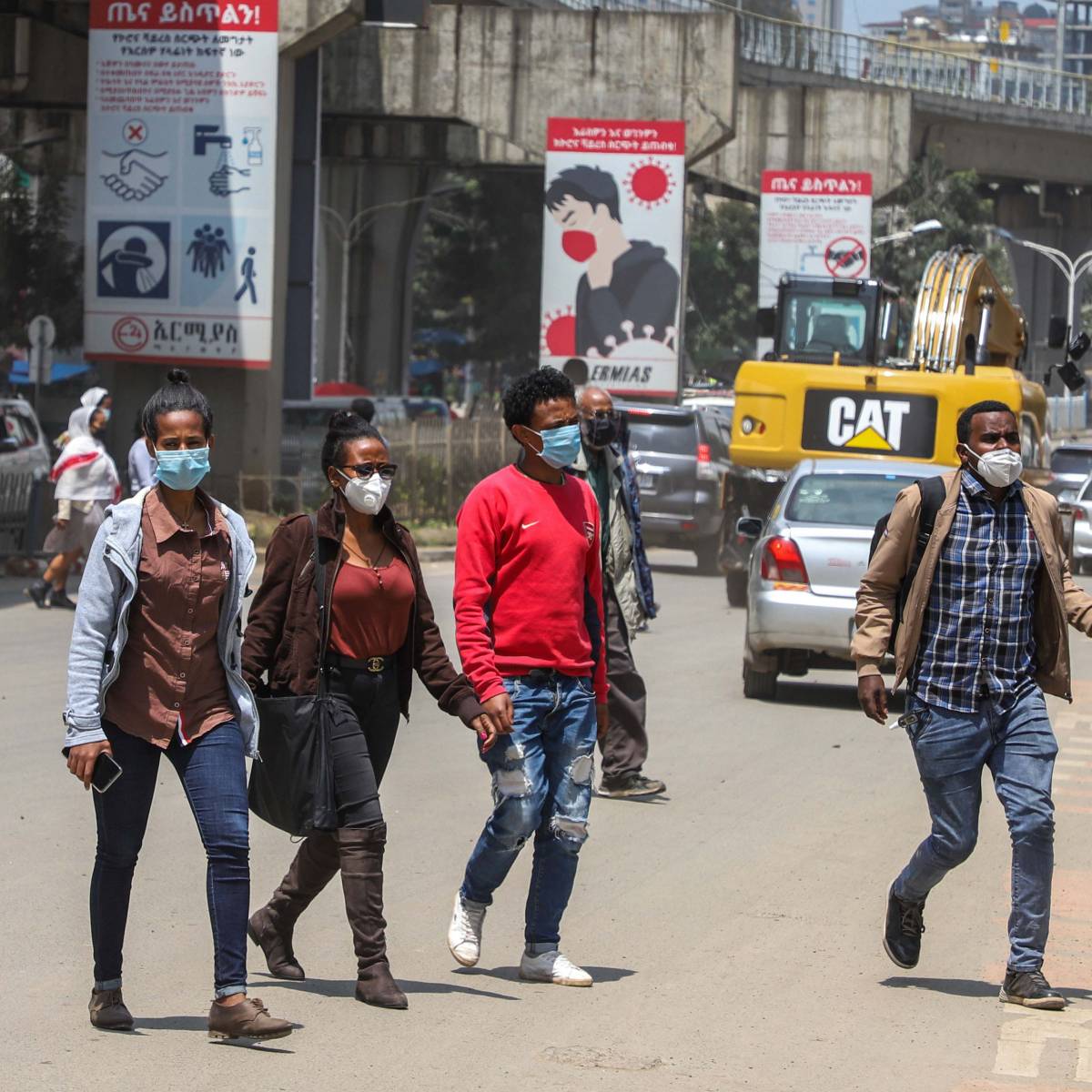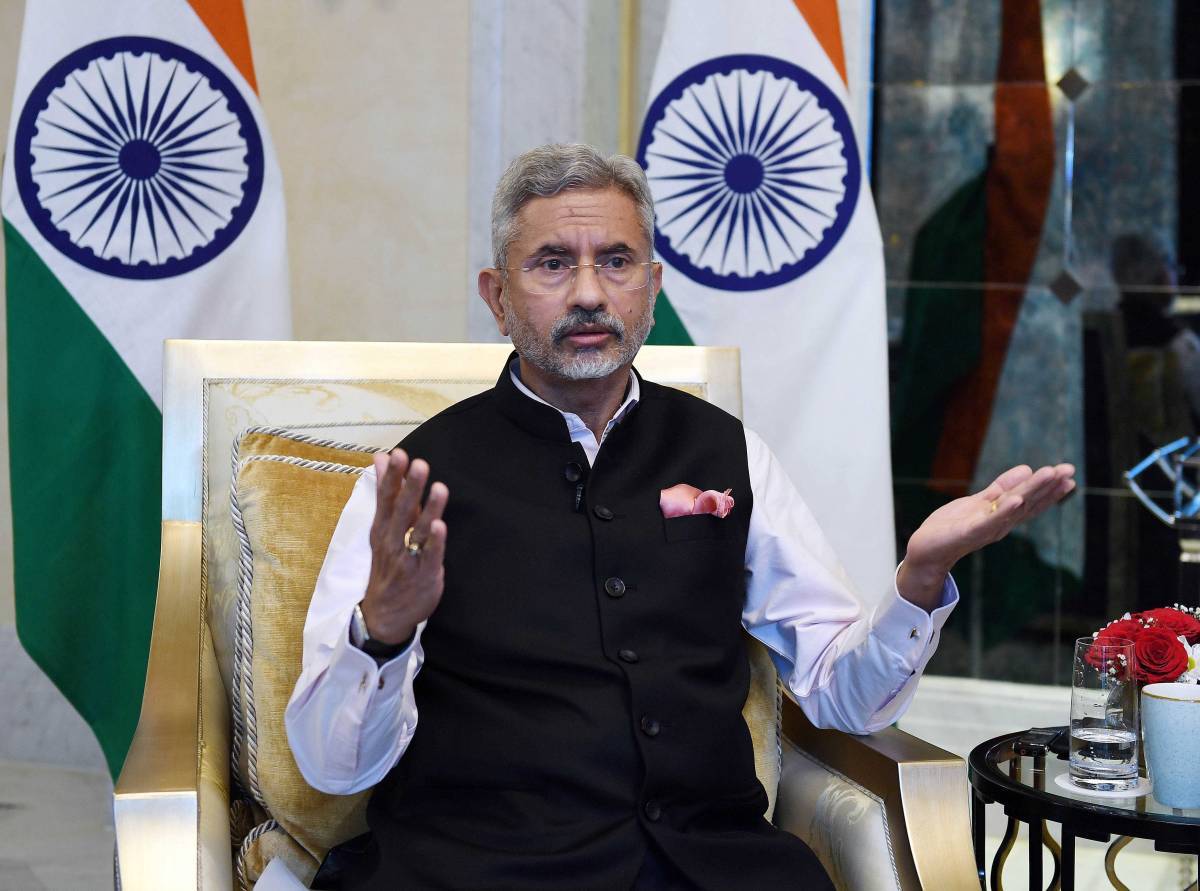The Global Terrorism Index (GTI) 2020, which provides a comprehensive summary of key global trends and patterns in terrorism, has highlighted how Islamic State of Iraq and the Levant (ISIL) groups have become especially prominent in sub-Saharan Africa, leading to a surge in terrorism in many countries in the region, reports Ateet Sharma
The Foreign Ministers of the 83-member Global Coalition to Defeat ISIS will meet next Monday to discuss efforts in the campaign to achieve the enduring defeat of the Islamic State of Iraq and Syria (ISIS) and counter its expanding networks, especially in Africa.
US Secretary of State Antony Blinken will join Italian Minister of Foreign Affairs and International Cooperation Luigi Di Maio in co-hosting the meeting which will also assess priorities for the Coalition’s lines of effort related to stabilization, foreign terrorist fighters, counter-ISIS financing, and counter-messaging efforts.
The ministers will discuss ways to sustain pressure on ISIS remnants in Iraq and Syria, and to counter ISIS networks elsewhere, including Africa which has emerged as a matter of concern and also highlighted by India several times in the recent past.
The Global Terrorism Index (GTI) 2020, which provides a comprehensive summary of key global trends and patterns in terrorism, has highlighted how Islamic State of Iraq and the Levant (ISIL) groups have become especially prominent in sub-Saharan Africa, leading to a surge in terrorism in many countries in the region. Seven of the 10 countries with the largest increase in terrorism were in sub-Saharan Africa: Burkina Faso, Mozambique, Democratic Republic of Congo (DRC), Mali, Niger, Cameron and Ethiopia.
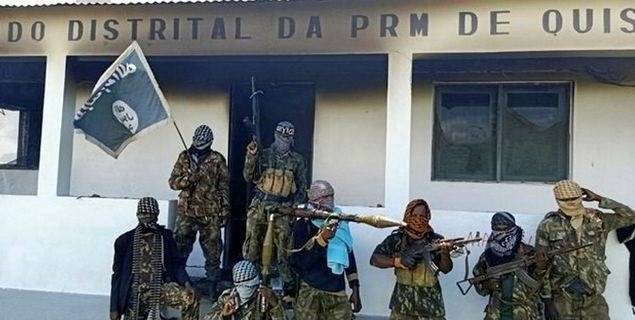
India Narrative has highlighted how the Islamic State’s profile may now be covering an arc starting from northeast Nigeria, weaving through strongholds in Chad, all the way to Libya in the north, covering thousands of miles. IS affiliates are also making their presence felt in East Africa, especially in the resource rich areas of northern Mozambique.
The Islamic State of Iraq and Syria (ISIS) announced the launch of the Islamic State Central Africa Province (ISCAP) in April 2019 to promote the presence of ISIS associated elements within Central, East, and Southern Africa. According to the US State Department, although ISIS-associated media portray ISCAP as a unified structure, ISIS-DRC and ISIS-Mozambique are distinct groups with distinct origins.
In March, the United States designated the Islamic State of Iraq and Syria � Democratic Republic of the Congo (ISIS-DRC) and the Islamic State of Iraq and Syria � Mozambique (ISIS-Mozambique) as Foreign Terrorist Organizations. It also designated ISIS-DRC and ISIS-Mozambique as Specially Designated Global Terrorists (SDGTs), while also designating respective leaders of those organizations, Seka Musa Baluku and Abu Yasir Hassan, as SDGTs.
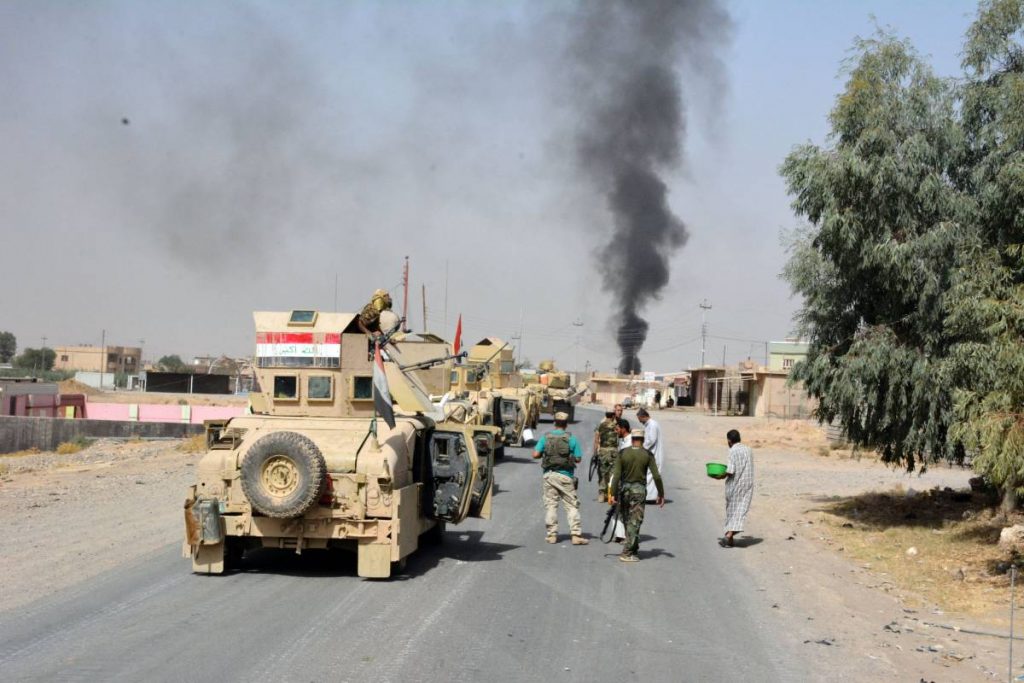
The security situation in the region directly affects India as there are several companies, including ONGC Videsh Rovuma Limited, which have high stakes in billion dollar liquefied natural gas projects, especially in Mozambique.
With the Islamist groups targeting Indian interests in Africa, India and Kenya had last week flagged their deep concern about the growing radicalisation and the surge in international terrorism in the region during External Affairs Minister S. Jaishankar’s visit to Kenya.
Noting that “terrorism in all its forms and manifestations are a common threat to humanity,” Jaishankar had said that both, as a solidarity and as a strategy, India stands with Africa.
ALSO READ: Hamas calls on Islamic nations to fight for ‘Muslim lands’
While continuing the fight against Daesh/ISIS in Iraq and Syria, all major forces – including the Global Coalition, of which the United States is a leading member, and NATO – realise the urgent need to step up their efforts.
In March, after a Small Group of the Coalition met virtually, the members had noted with concern the serious and growing threat Daesh/ISIS affiliates pose across West Africa and the Sahel, as well as the emerging threat in other parts of the continent, particularly in East Africa.
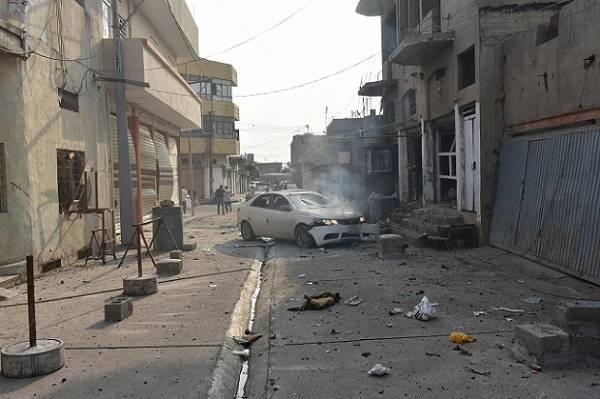
ISIS Terror
“The Coalition reaffirmed its willingness to further explore how it can contribute to collective efforts to cope with the threat posed by Daesh/ISIS in these regions, and that such efforts be upon the request and prior consent of countries concerned, and be in close coordination with African partners and existing initiatives such as the International Coalition for the Sahel, and in full respect of international law,” Blinken had said in a joint communique after the meeting.
NATO too is aware of the threat of terrorism, saying it remains committed to look what more it can do in, not just in Iraq and Syria but the wider Middle East region.
“NATO remains committed to the lasting defeat of ISIS. For several years now, we have been supporting the Global Coalition directly with AWACS surveillance flights and with NATO’s mission in Iraq,” says NATO Secretary General Jens Stoltenberg.
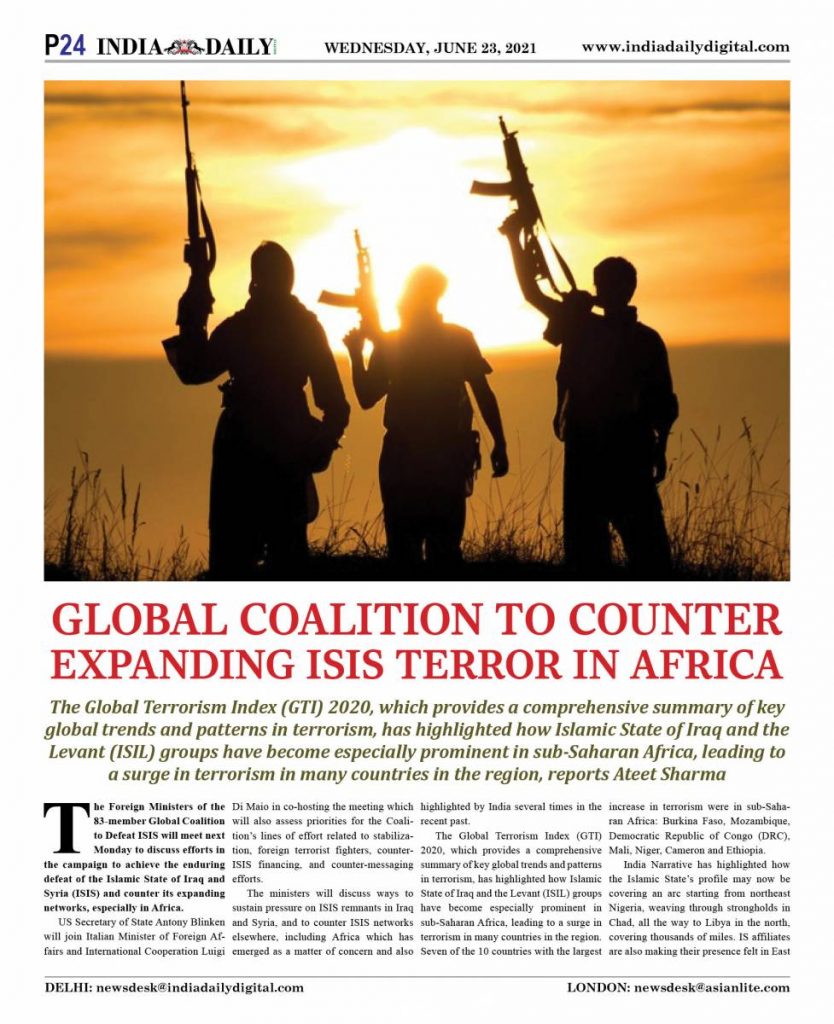
It is going to be a long and hard battle as the coalition members and NATO deal with the growing threat of ISIS outside of Iraq and Syria, particularly in Africa.
Also, as analysts believe, withdrawing US and NATO troops from Afghanistan will definitely not ensure ISIS’s enduring defeat globally.
(This content is being carried under an arrangement with indianarrative.com)
ALSO READ: Airstrike in Afghanistan kills 14 Taliban militants

